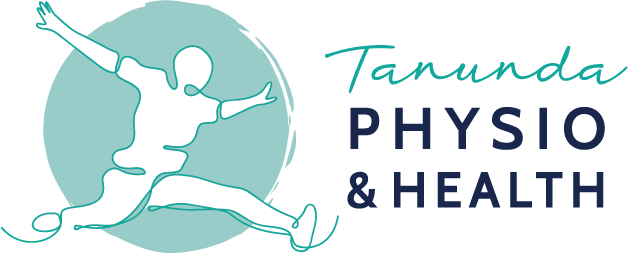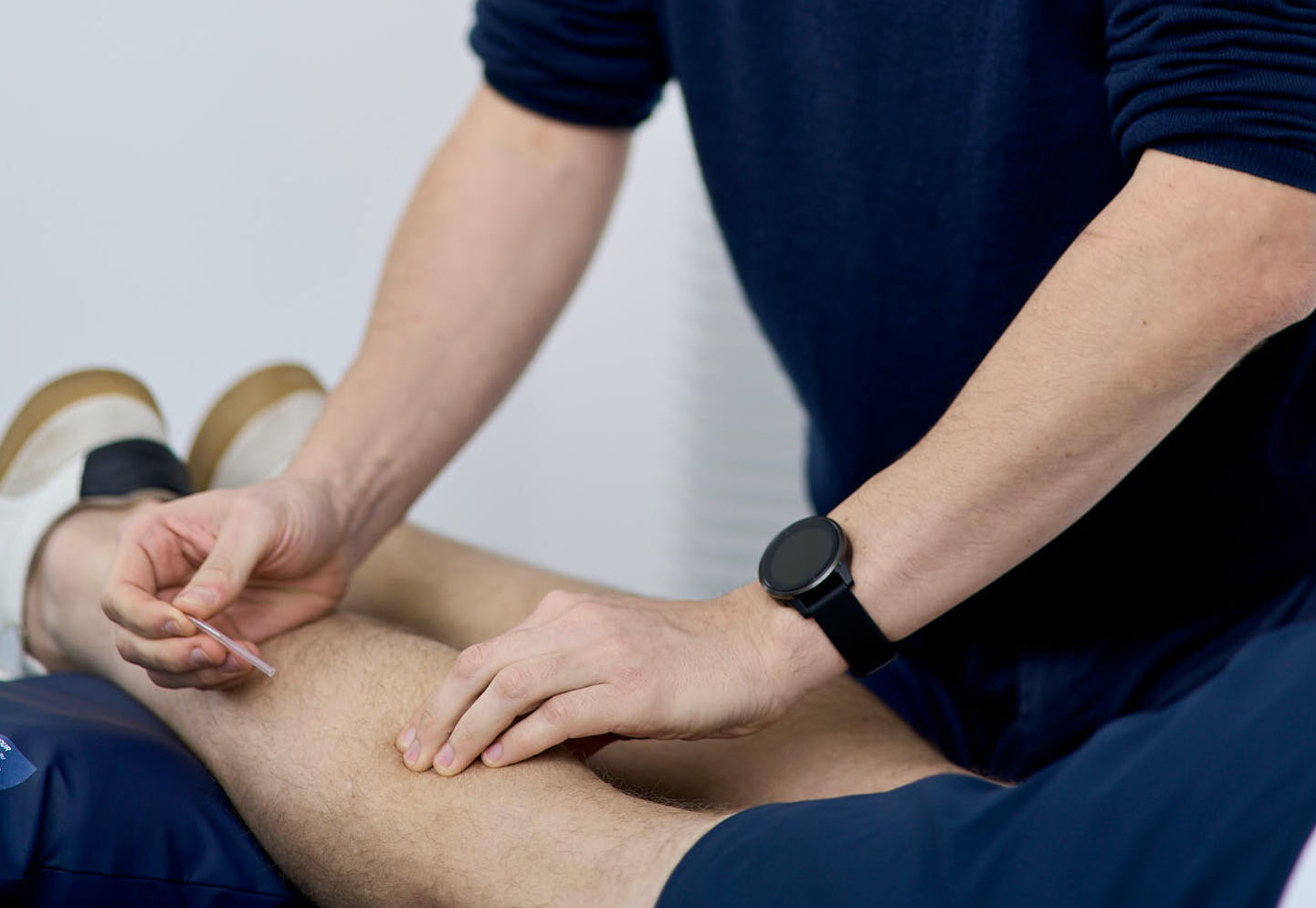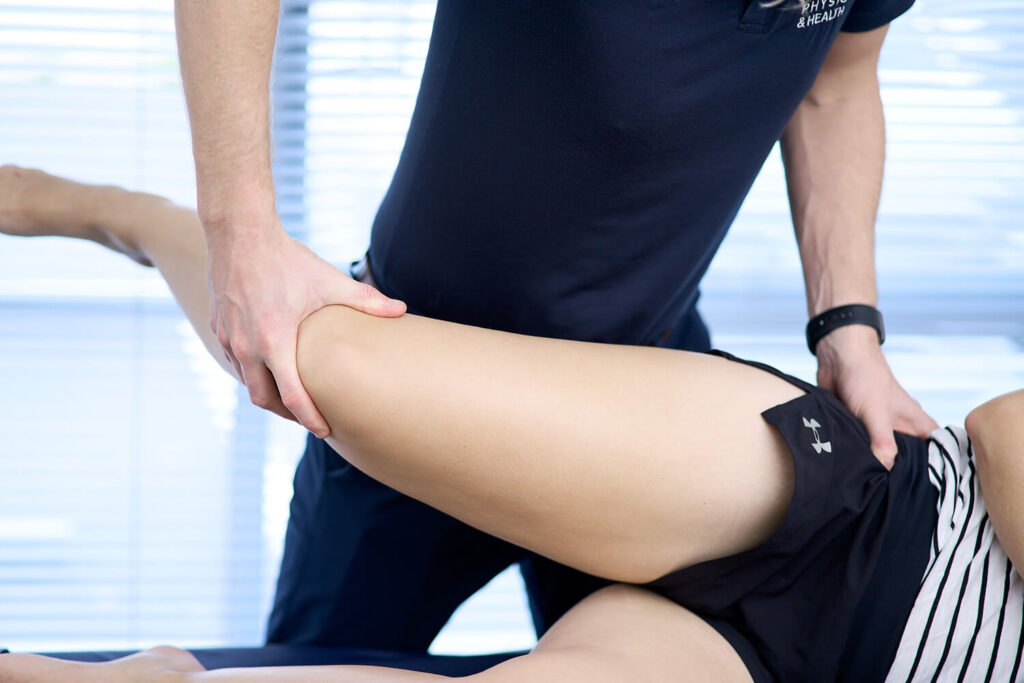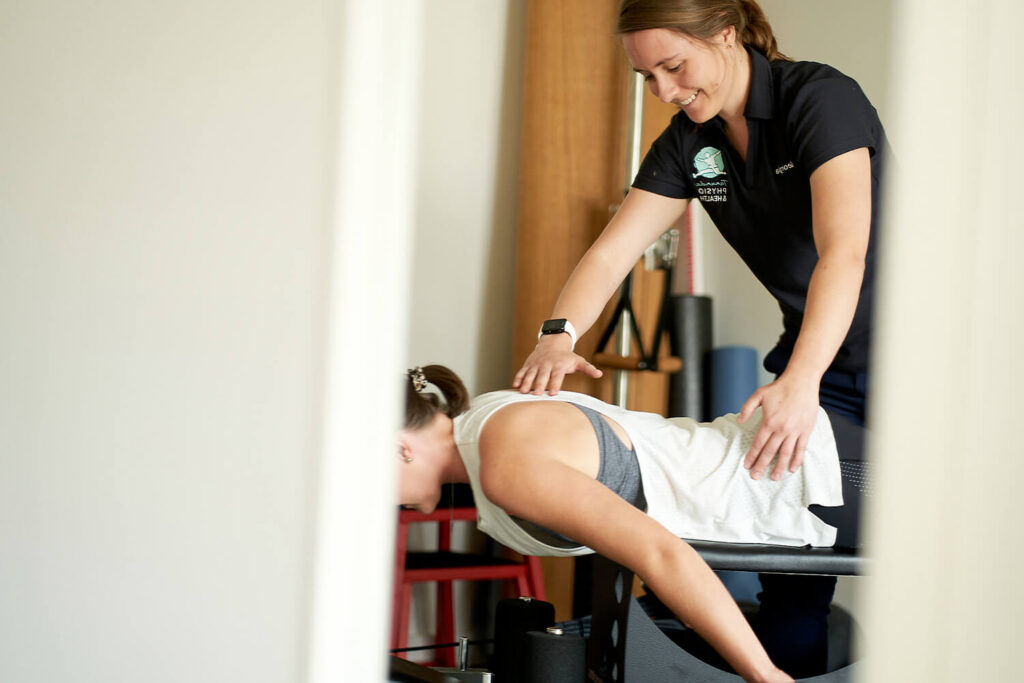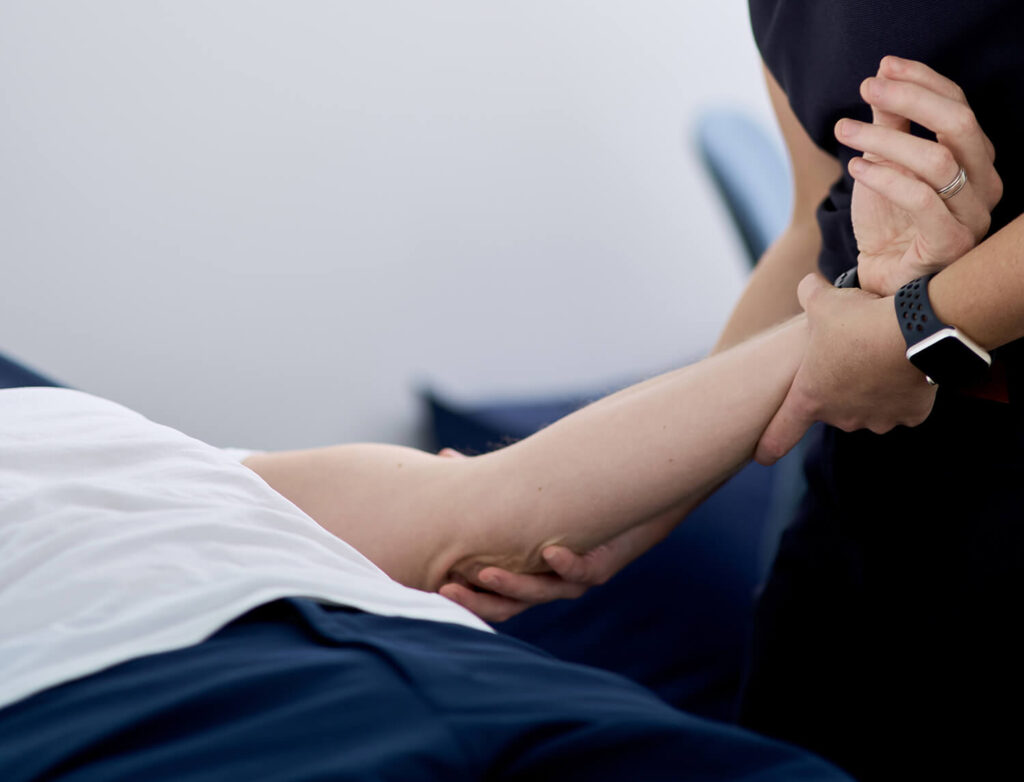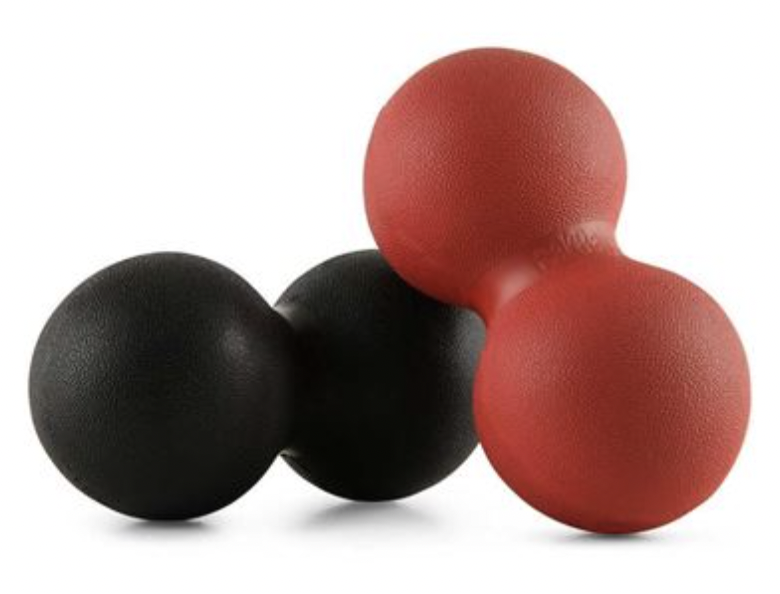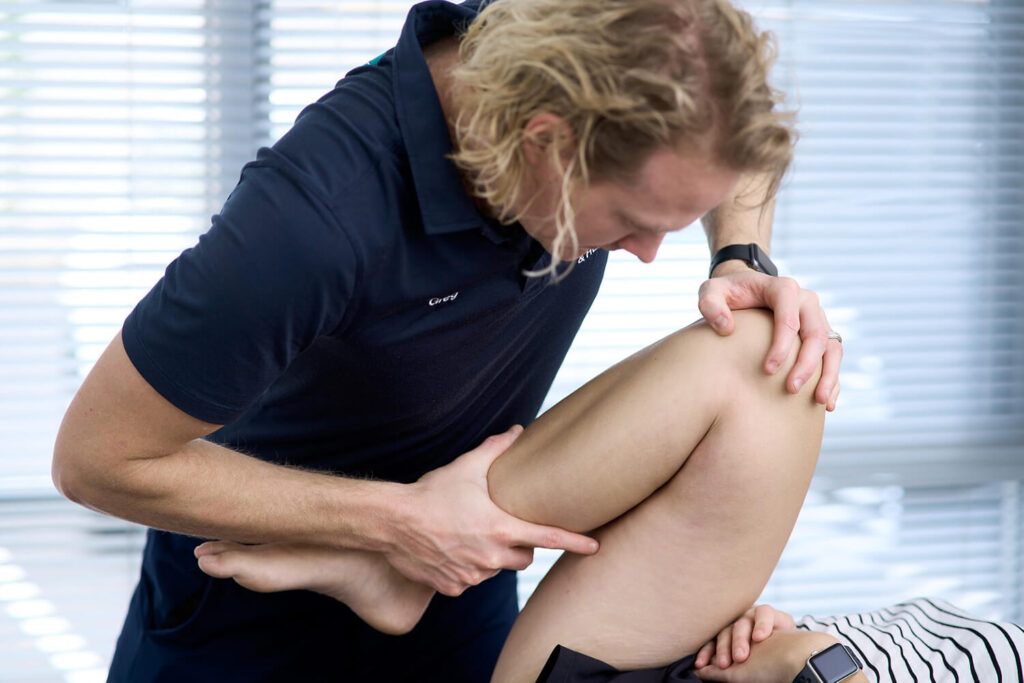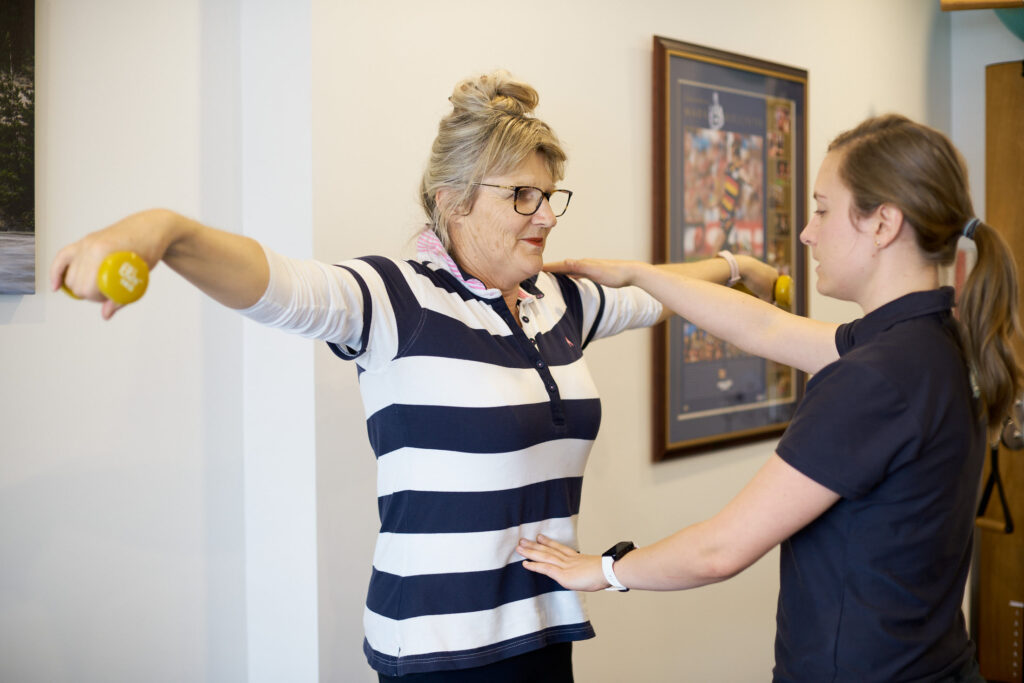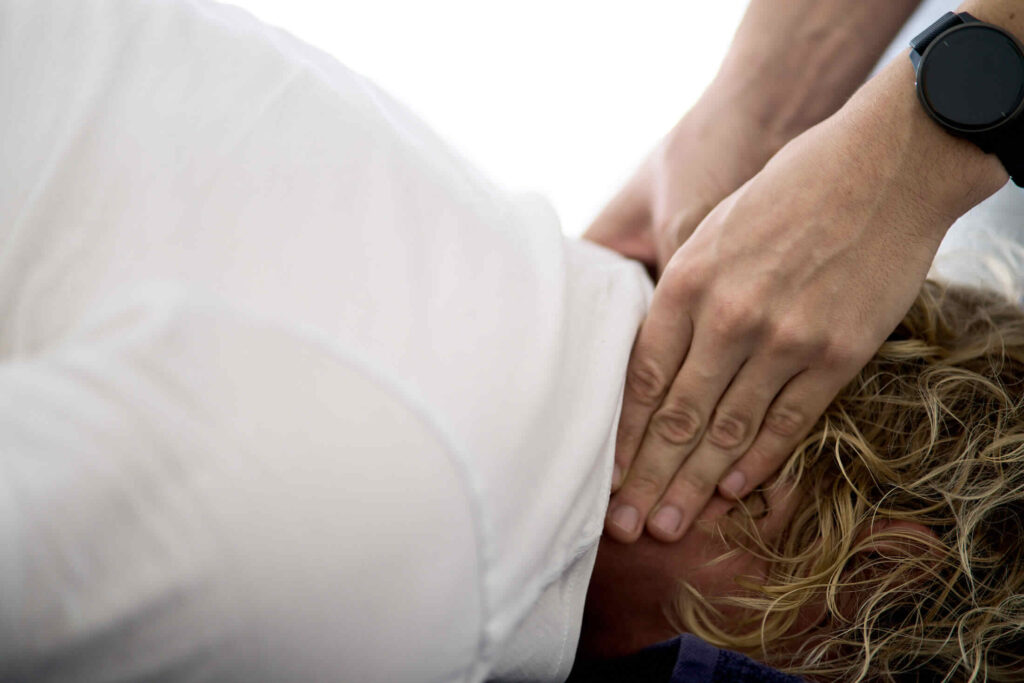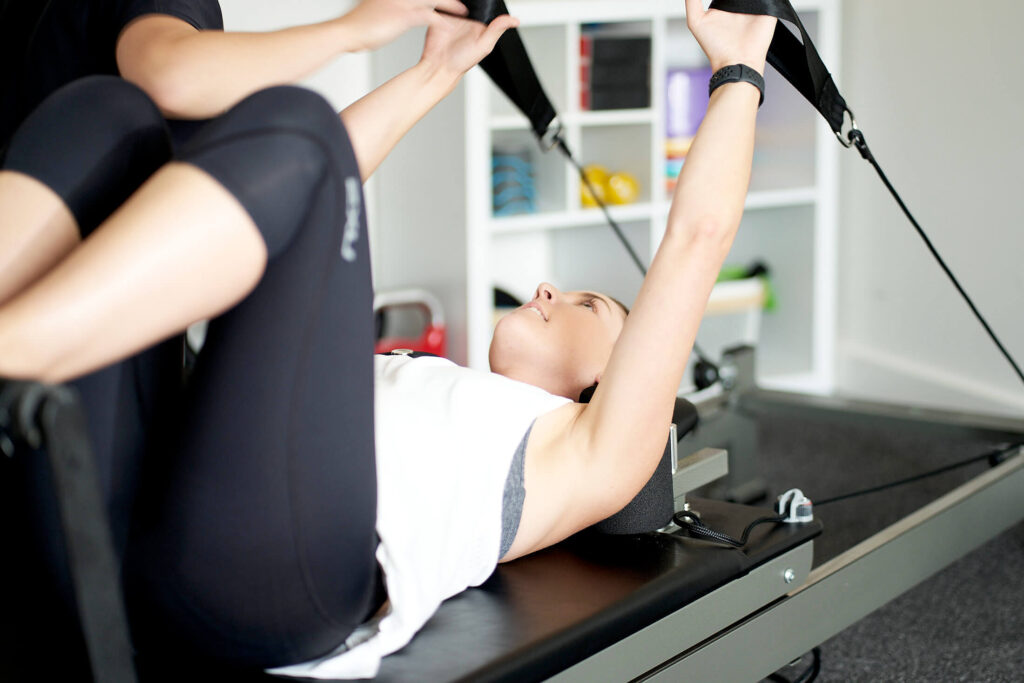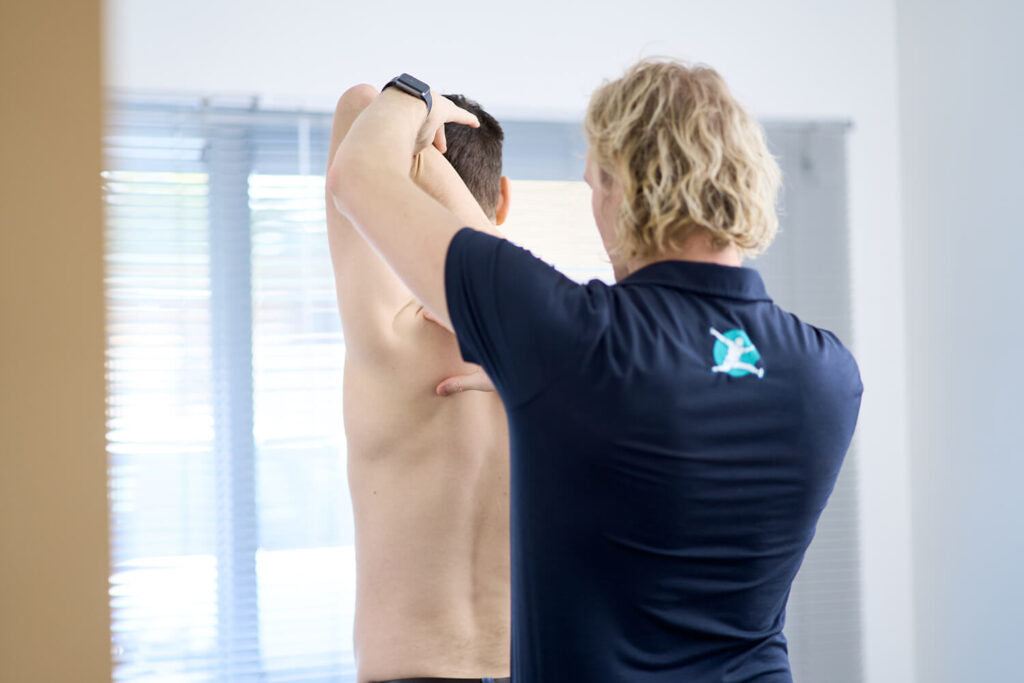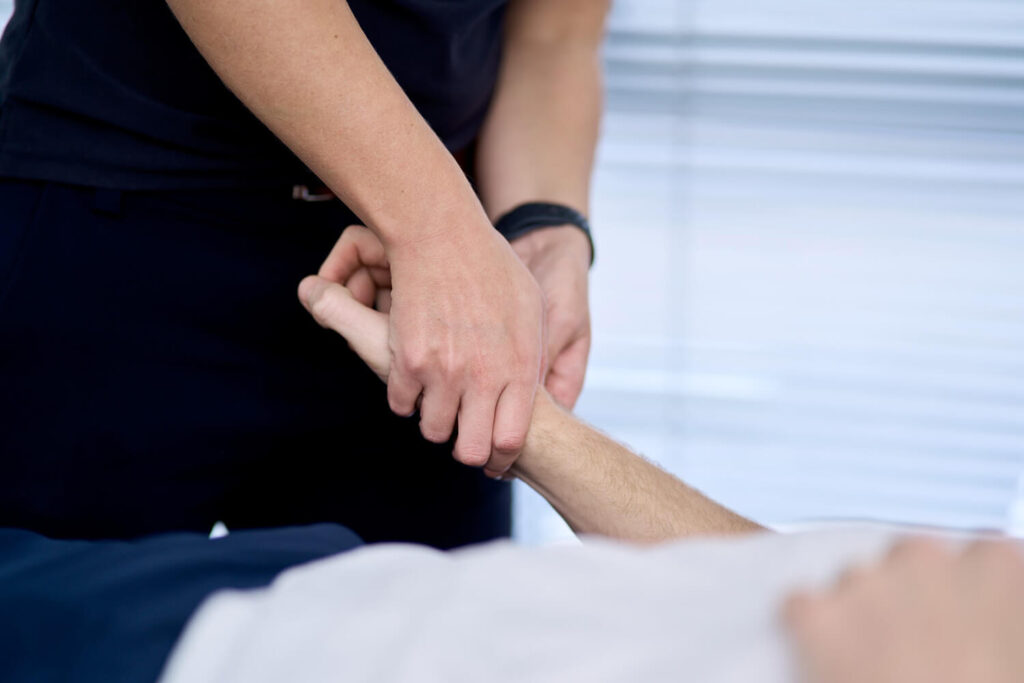KEY POINTS Many people have scans that show degeneration and never experience any pain. These findings on scans are often a natural part of ageing.…
What is Dry Needling?
Our physiotherapists at Tanunda Physio & Health are trained in using dry needling.
Your therapist will assess your problem and discuss with you if dry needling is an appropriate treatment to consider as part of your overall treatment plan.
What is dry needling?
A treatment that uses acupuncture needles to treat pain, muscle tension and promote healing.
How does dry needling work?
- usually used to target trigger points in muscles or areas of injury.
- it enhances the body’s natural healing and pain relief mechanisms
- penetration into tight nodules/bands causes a micro-trauma that increases blood flow and alters the chemical balance in the area, assisting with muscle relaxation and healing.
- stimulation of pain receptors also causes the body to release opioids (e.g. endorphins). These are natural pain relievers so their release provides further pain relief.
What is the difference between dry needling and acupuncture?
- The response in the body will be similar or the same with both approaches and both have proven benefits.
- Acupuncture explains the concept with ancient knowledge and experiences, whereas dry needling takes this approach and applies it to cause changes based on modern, scientific knowledge of the human body.
- Acupuncture refers to the traditional Chinese medicine which is based on stimulating the flow of Chi (energy) through ‘meridian’ patterns of the body
- Dry needling is based on anatomical and neuro-physiological principles
- While the needles are the same, the principles and application are different
NOTE: Often people may use the term acupuncture when referring to dry needling, so if you have had acupuncture in the past it may have been dry needling.
Is Dry Needling safe?
- dry needling is very safe.
- There are certain factors that may make you unsuitable (e.g. 1st trimester of pregnancy) or that require extra care to be taken (e.g. diabetes) but your physiotherapist will consider these to ensure appropriate use.
- All needles are sterile and used once only before being disposed of safely in a sharps container.
Will it Hurt?
- There is generally less pain both during and after treatment when compared to a deep tissue massage to an equivalent level.
- Most often you won’t feel the insertion of the needle.
- When the needle penetrates the trigger point, you may feel an initial “grab” or deep ache that quickly settles to become a lighter dull ache, warmth, heaviness or nothing at all!
- this is generally much better than the constant feeling associated with the firm massage that would be required to get the equal effect.
- following treatment there is often no soreness but you can expect to feel a deep tightness/soreness in the muscle or an ache for a short time (usually less than 24hrs). This again is invariably much less that than general tenderness felt after a massage used for an equivalent level of release, and usually reduces much sooner.
Our physiotherapists at Tanunda Physio & Health are all trained in using Dry needling and can apply this as part of your treatment plan where appropriate.



